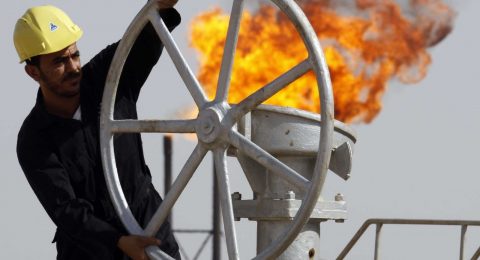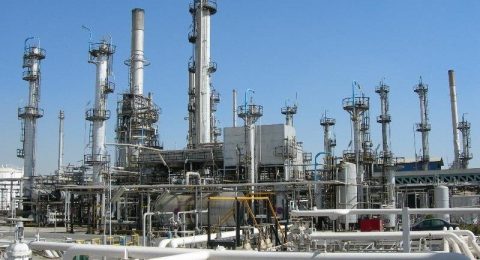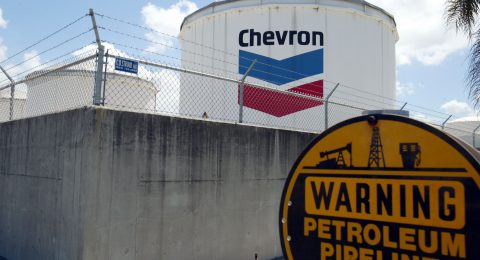South Africa, which sets gasoline prices that fuel producers can charge, needs to ensure companies can recover the cost of upgrading their facilities to handle cleaner fuels, Chevron Corp.’s local unit said.
“Petroleum companies are unable through normal market mechanisms to recoup the investments needed to upgrade refineries to produce cleaner fuels,” Chevron South Africa Chairwoman Nobuzwe Mbuyisa said in an e-mailed response to questions Tuesday. The costs “are substantial and, in the absence of a mechanism to recover these costs from the consumer, they are simply not commercially viable,” she said.
Upgrading Chevron’s facility in Cape Town to meet planned clean-fuel standards will cost as much as $1 billion, Mbuyisa said last month. Refiners are refusing to invest in production of cleaner fuels without a subsidy, Rod Crompton, a member of the National Energy Regulator of South Africa, told lawmakers Tuesday.
In draft regulations released in March 2011, the government said sulfur levels in fuel should be cut to 10 parts per million from a maximum of 500 parts, while the benzene content should be reduced to 1 percent from 5 percent. At that time, the oil industry estimated it would cost about $3.1 billion for all refineries to comply with Euro 4 fuel standards, or $3.7 billion to meet Euro 5 standards.
Euro 4 standard gasoline contains no more than 50 parts per million of sulfur, while Euro 5 has no more than 10 parts. While the Energy Ministry wanted clean fuels to be available from this year and all refineries to be revamped by 2017, upgrades have been delayed amid disagreement over who will pay.
Petroliam Nasional Bhd.’s Engen unit, Royal Dutch Shell Plc and BP Plc are among the companies that operate plants in South Africa.
Chevron’s refinery has capacity to handle 100,000 barrels a day.
Source: Bloomberg












